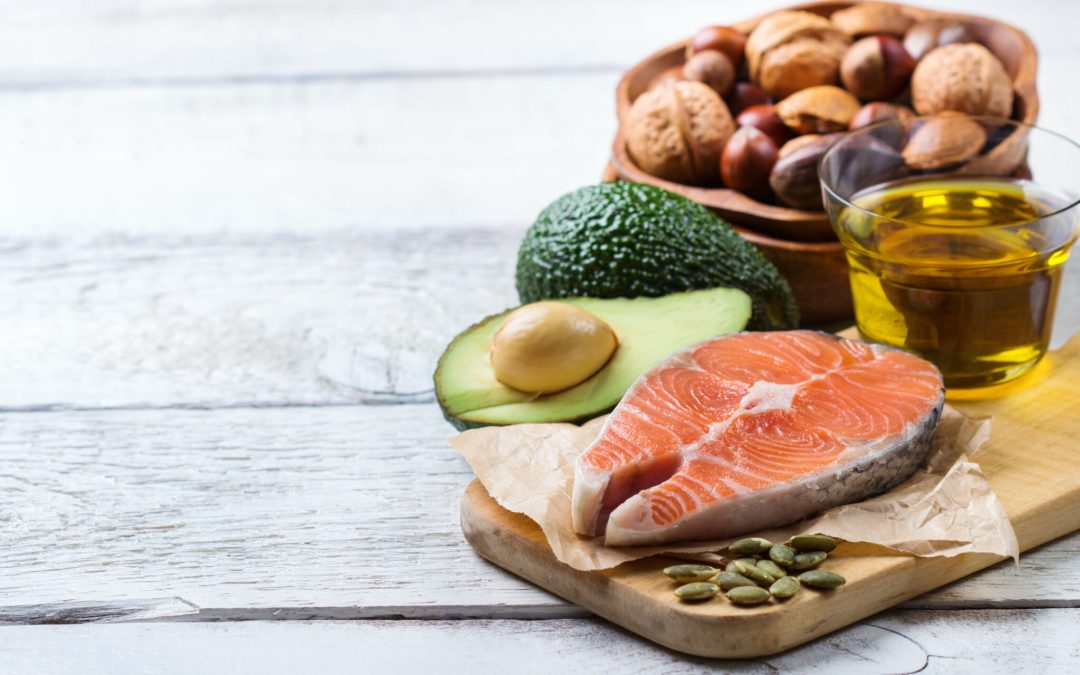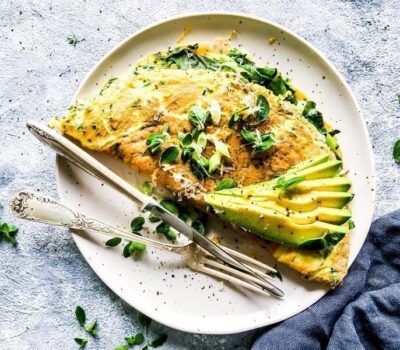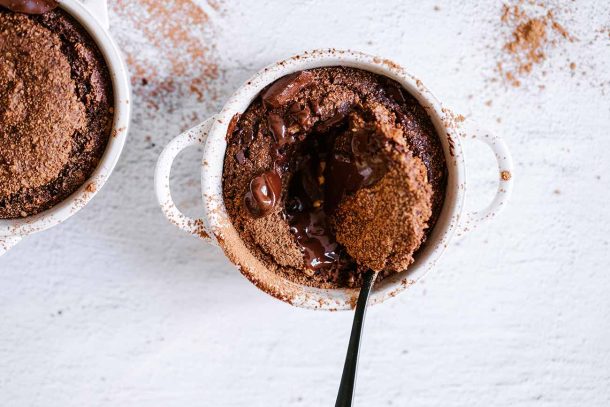If you are confused about whether fats are good or bad, or which types of fats are ok or not, it is hardly surprising… Ultimately, fats are essential macronutrients and need to be consumed in balance with other macronutrients, fibre and a wide range of foods containing micronutrients, i.e. vitamins, minerals and other anti-oxidant compounds.
Demonised for many years, many still have the view that fats, especially saturated fats, should be avoided. There is also a significant amount of conflicting information on the subject. Nutritional panels are supposed to guide us in managing the amount of fat we consume, however these panels don’t tell the whole story when it comes to macronutrients. Fats are listed as total fats, saturated fats and transfats. Sometimes polyunsaturated fats and mono-unsaturated fats are also listed. We have no way of knowing the quality of these fats from these panels.
This point on quality cannot be overstated, the good fats are life sustaining and have the capacity to heal, whereas the bad fats are toxic and have the propensity to cause significant damage and disease.
Here are a few questions we are often asked about fats…
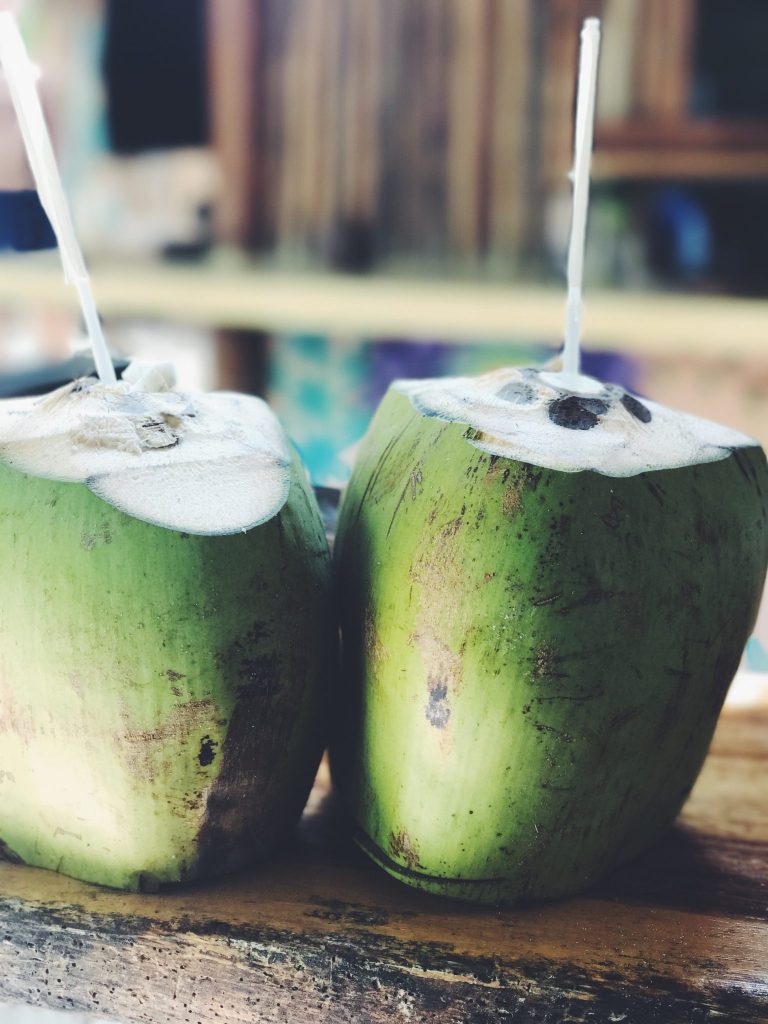
#01
How do we know if fats are good or bad?
This can be difficult to navigate. The best way of ensuring fats you are consuming are healthy is to, as much as possible, consume fats in their natural form as a part of a whole food, that is from good quality fish, avocados, nuts and seeds. Much of the toxicity lies in the processing. Keep in mind that fat tissue sequesters and stores toxins, so if the source is not organic, whether plant or animal based, the toxins will be in the fat. Mercury in fish is an example, therefore paying attention to farming / harvesting practices is important.
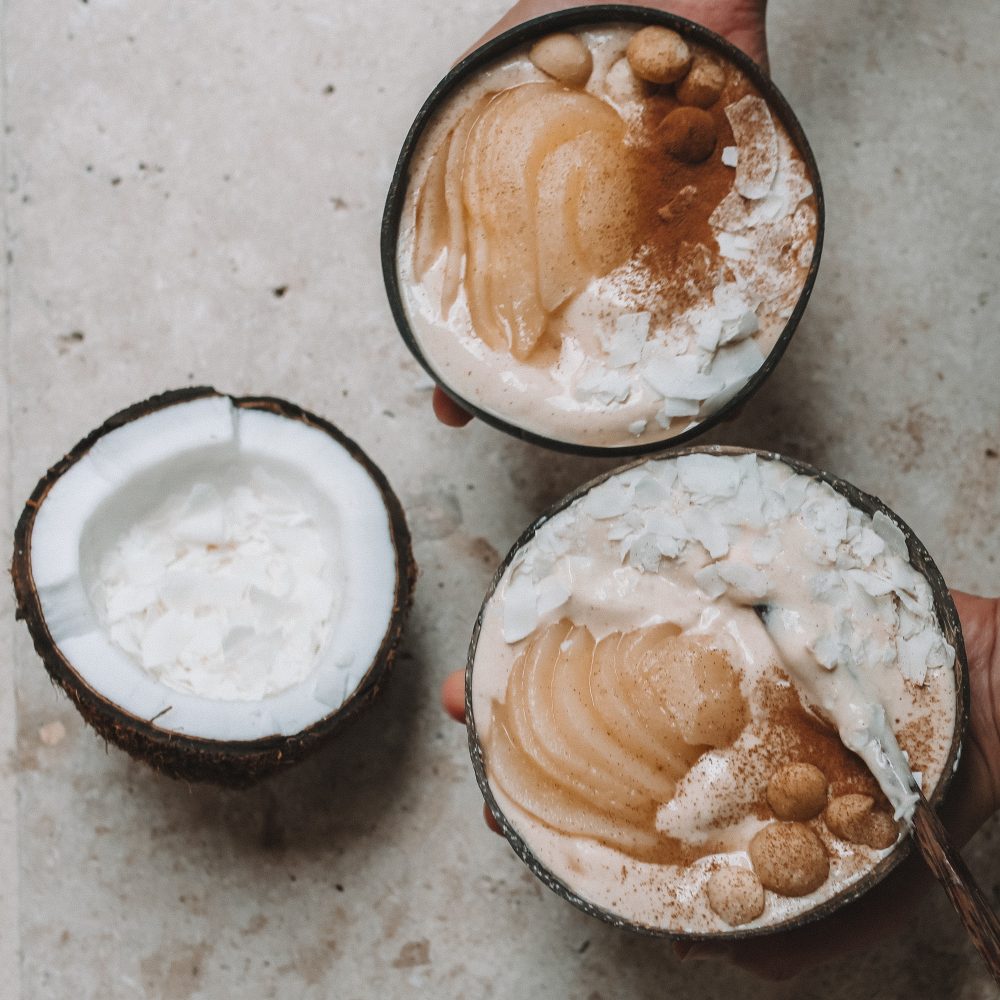
#02
Why do we need fats?
Healthy fats in the right ratios are essential macronutrients required for numerous biological functions, for example:
- Absorption of fat soluble vitamins, including Vitamins A, D and E, Co Enzyme Q10
- Healthy cell membranes
- Brain and cardiovascular health
- Inflammatory regulation
- Production of hormones
- Healthy skin
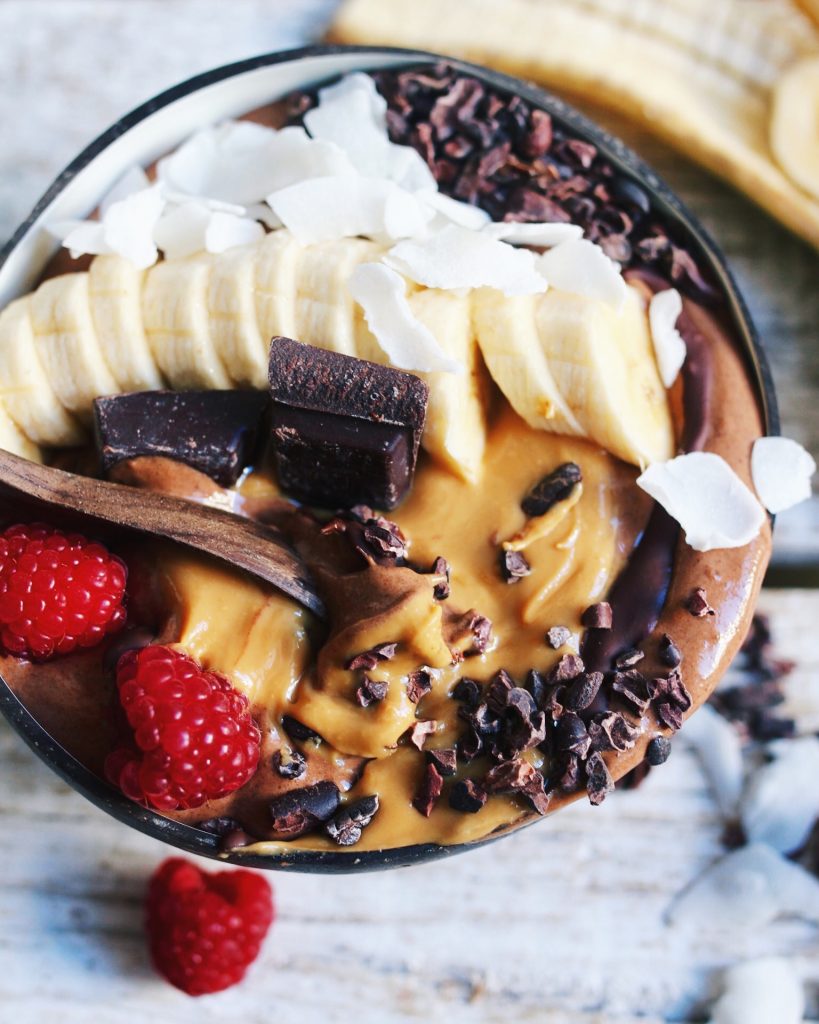
#03
What does saturated and unsaturated fat mean?
The terms saturated, poly unsaturated, mono unsaturated, relate to their chemical structure and refers to the level to which the fatty acids are ‘saturated’ with hydrogen. A saturated fatty acid is a carbon atom chain separated with mostly single bonds and ‘saturated’ with hydrogen; unsaturated fatty acids contain double bonds within the carbon chain. All fats will contain a mixture of differ-ent types of fatty acids and will behave differently accordingly to the ratio. Most animal fats are high in saturated fats… however an exception is fish which has a high proportion of omega 3 fats. Most plant based fats are mostly unsaturated (mostly a combination of omega 6 and omega 3) with a primary exception being coconut which is high in saturated fats…more on coconut later.
There has been a lot of focus over the years on the level of saturation of fats, with popular consensus concluding that saturated fats are bad and unsaturated fats were good. This broad generalisation does not tell the whole story.
#04
Should we only consume poly-unsaturated fats?
It is not quite that simple.
Not all poly-unsaturated fats are healthy. Poly-unsaturated oils are much less stable than saturated fats and therefore more prone to rancidity and damage. As stated earlier, other factors such a processing and storage greatly impact their health giving properties.
A good example is margarine, which became popular in the 1960s, receiving a much respected ‘heart tick’ from the heart foundation, signalling a green light for consumption as was an indication that this was a good choice for a healthy cardio vascular system. People switched from butter to margarine in the hope of benefiting their health. These versions of margarines contained high levels of transfats, now known to be much more dangerous to health than saturated fats, as well as all the concerns outlined in the following, being…
Commercially produced polyunsaturated vegetable oils, such as sunflower oil and safflower oil which have also been promoted as a healthier choice. Here is why they are not:
- Generally the raw material, i.e. the seeds of sunflowers etc, are sourced from non organic producers, so they may be genetically modified and are already laden with toxic pesticides such as glyphosate (component in round up).
- The processing of these seeds to produce oil involves numerous chemicals including solvents to extract oil, they heated to very high temperatures, and deodorised, to name a few.
- These oils are promoted as ‘cooking oils’ and often used for deep frying. This again promotes release of highly toxic aldehydes, described in detail in an article included in this month’s mag “Cooking with vegetable oils releases toxic, cancer causing chemicals”.
- The oils are packaged in fossil fuel clear plastic. This means that the oils are then exposed to light, causing more degradation and there is also a probability that hormone like substances and other toxins are released from the plastic into the oil.
Another factor is the ratio of omega 6 and omega 3 oils (both within the polyunsaturated category) in the diet has altered dramatically over the years, whereby today’s diet is predominantly omega 6. These two types of fatty acids must be obtained in the diet and the body cannot manufacture them, hence the term “essential fatty acids”.
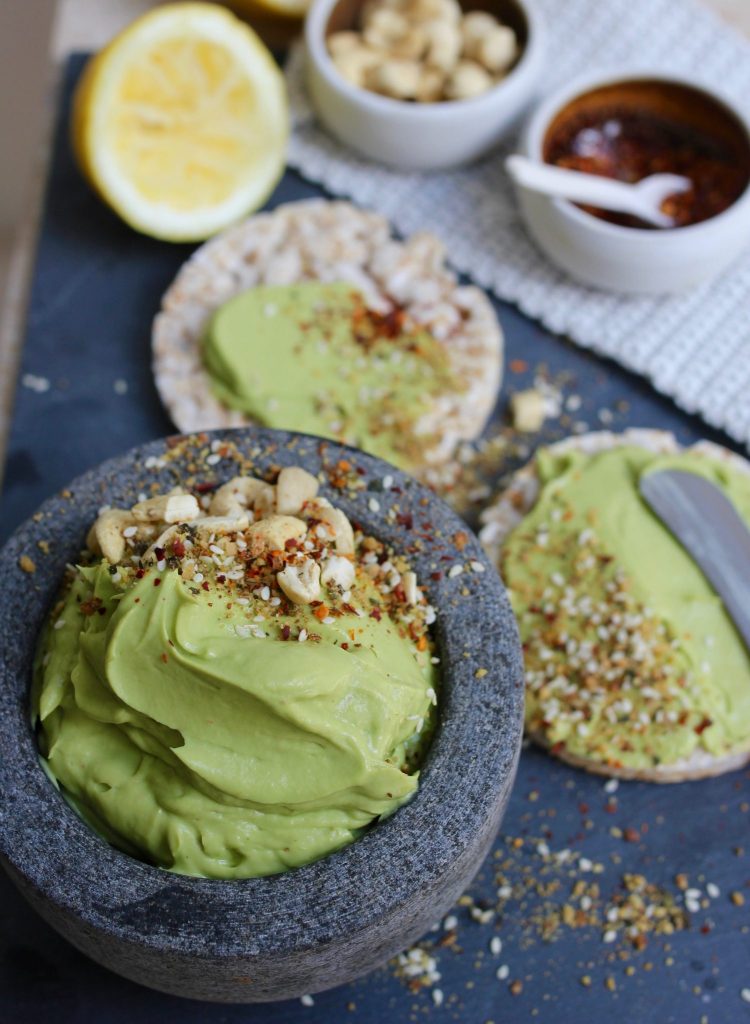
#05
Is it possible to obtain enough omega 3 fats in a plant based diet?
This is probably one of the biggest health concerns I have around completely vegan diets. Whilst the short chain ALA (Alpha Linolenic Acid) omega 3 fats are in plentiful supply in plants sources, particularly flax seed and chia and these fats are beneficial, the rate at which they are converted to the long chain EPA (Eicosapentanoic Acid) and DHA (Docosahexanoic Acid) forms is less than 10%. Our brains depend upon on good supply of DHA. To illustrate this point, a serving of good quality salmon* contains approximately 1200mg of omega 3 (720mg EPA and 480mg DHA); A serving of chia seeds yields almost 3.6g omega 3 (ALA), less than 0.36g converts to DHA and EPA.
*Good quality is key; ensure salmon is either wild caught or observes ethical and sustainable farming practices (Aquaculture).
#06
Doesn’t saturated fat cause high cholesterol?
The word cholesterol for most people is associated with an unequivocal, increased risk of heart disease. This conclusion was reached as cholesterol is often found in atherosclerotic plaques in the arteries (sometimes referred to as ‘hardening of the arteries’), a factor which does increase risk. The reason cholesterol is usually there is that when an artery wall becomes damaged, often due to inflammation, cholesterol is one of the substances which assists in the prevention of further damage to this vessel.
Recently published studies have shown that whilst a combination of pharmacological and dietary interventions are successful in reducing cholesterol, this has not translated to a reduction in risk of cardio vascular disease.
Cholesterol is made by the liver from ingested foods and saturated fats can increase this production. Cholesterol is required by all cells in the body and is essential for cell membranes, bile salt production (needs for metabolism of fats), Vitamin D synthesis and hormone production. Individual factors must always be taken into account, for example those with familial hypercholesteramia (a hereditary condition where the liver makes an excessive cholesterol) do need to avoid / limit their dietary sources of cholesterol and saturated fats.
#07
So, what are some fats to include and fats to avoid?
There will always be individual considerations to take in account, however, in summary, examples of good fats are good quality salmon (either wild caught or observing ethical and sustainable farming practices); avocado, chia, linseeds, nuts and seeds in their natural form; extra virgin olive oil; coconut oil: stressing again the quality, i.e. choosing organic as much as possible
Fats to avoid are: any type of trans or hydrogenated fats, such as in margarines; all industrially produced, highly processed vegetable oils; any deep fried food; processed meats
Fats to include in moderation in the context of individual dietary requirements/choices: whole organic eggs; organic yogurt and cheese; organic, ethically produced animal sources and organic cold pressed oils. Extra virgin olive oil is our no. 1 choice. Although controversial, we believe that organic coconut oil, (which is predominantly saturated fat) can also be used in moderation and has a number of unique qualities
Biochemistry is complex, varies between individuals and research is continually emerging. If you have questions that have not been answered in this session, feel free to get in contact with us.

